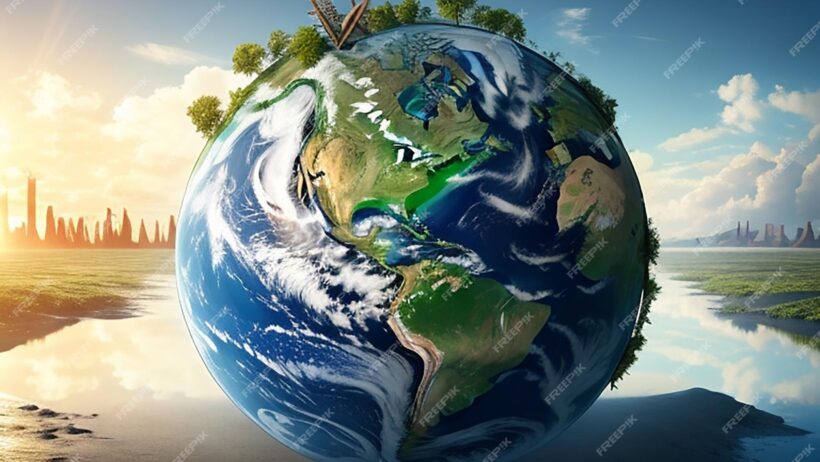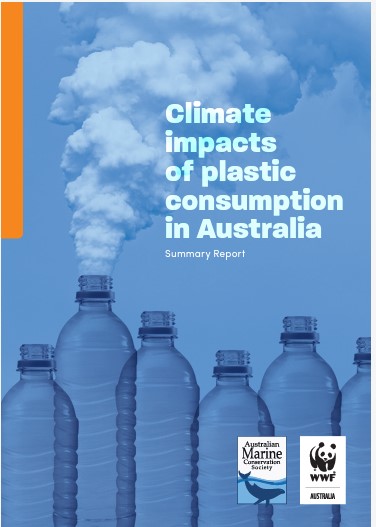The issue of global warming presents an existential threat to our planet, one that reverberates across every continent and influences the well-being of humanity as a whole. The United Nations (UN) has emerged as a crucial platform for addressing this urgent crisis, fostering international cooperation and coordinated action. In this discourse, we shall examine the multifaceted role of the UN in combating global warming and the significance of collaborative efforts among nations.
Understanding the pervasive effects of global warming requires recognition of its interconnected dimensions. Rising temperatures, melting polar ice caps, extreme weather events, and shifting ecosystems indicate a systemic crisis that cannot be addressed in isolation. The unequivocal scientific consensus emphasizes that human activities, particularly the burning of fossil fuels, deforestation, and industrial processes, are primary culprits in the accumulation of greenhouse gases. In this context, the UN serves as a vital arbiter, facilitating dialogue and negotiation among nations to mitigate these harmful practices.
One prominent example of the UN’s commitment is the Paris Agreement, established during the 2015 UN Climate Change Conference (COP21). The agreement set binding targets for countries to limit global temperature rise to well below 2 degrees Celsius above pre-industrial levels. Though voluntary, this international accord symbolizes a pivotal moment where nations collectively recognized their shared responsibility towards the planet. The UN’s endorsement codifies an understanding that collaboration is paramount; no single nation can achieve substantial progress without the cooperation and exchange of resources and information with others.
Moreover, the UN employs a multifaceted approach to bolster global cooperation in climate action. This is accomplished through several specialized agencies, including the United Nations Environment Programme (UNEP) and the Intergovernmental Panel on Climate Change (IPCC). The UNEP provides critical assessments and guidance on environmental issues, while the IPCC compiles and analyzes scientific research to enhance understanding and inform policy decisions. The synthesis of scientific knowledge into actionable insight ensures governments possess the tools necessary to implement effective climate strategies.
Education plays a pivotal role in fostering a culture of sustainability. The UN’s Decade of Education for Sustainable Development (2005-2014) aimed to integrate sustainability into education systems worldwide. This effort continues through initiatives such as the Global Education Coalition, which seeks to engage stakeholders from diverse sectors to promote inclusive and equitable education. By raising awareness, especially among the youth, the UN empowers future generations to challenge the status quo and drive sustainable practices in their communities.
Funding is another critical dimension of global cooperation in combating climate change. The UN Green Climate Fund (GCF) was established to assist developing countries in financing climate mitigation and adaptation activities. By facilitating financial support, the UN acknowledges the disparity in resources and capacities among nations. Especially vulnerable communities, often the least responsible for emissions, require external assistance to enhance resilience. Acknowledging this imbalance is fundamental to fostering equitable, sustainable development.
Transnational initiatives and partnerships also exemplify the UN’s capacity to foster cooperation. For example, the “Race to Zero” campaign unites businesses, cities, and governments committed to achieving net-zero emissions by 2050. Such initiatives highlight a collaborative spirit that transcends borders, recognizing that climate change is a shared dilemma that necessitates a collective response. Encouraging the private sector to play an active role amplifies the impact of governmental efforts, as corporate responsibility becomes integral to sustainable development.
Furthermore, establishing verifiable frameworks is essential in holding nations accountable for their commitments. The UN’s transparency mechanisms, such as Nationally Determined Contributions (NDCs) and the Global Stocktake process, allow for regular assessments of progress and recalibration of strategies. These measures foster trust among countries, which is indispensable for maintaining momentum in international climate agreements. Ultimately, transparency and accountability fortify the credibility of the UN as a mediator in climate negotiations.
However, the efficacy of the UN in spearheading climate action faces distinct challenges. Geopolitical tensions, economic disparities, and differing national interests can create obstacles to meaningful cooperation. The discourse surrounding climate justice—whereby marginalized populations advocate for equitable treatment and consideration in decision-making—highlights the complexities involved in a unified approach. Therefore, fostering dialogue and understanding among diverse stakeholders is imperative to surmount these challenges and align objectives.
In addition, broadening the definition of partnership within the climate agenda can lead to innovative solutions. Indigenous knowledge systems, for example, offer valuable insights into sustainable land management and biodiversity conservation. By integrating these perspectives into policymaking, the UN can cultivate a more holistic approach to climate action, acknowledging the ancient wisdom embedded in local cultures.
The path forward underscores that addressing global warming is not solely the responsibility of governments or institutions; it demands active engagement from civil society, including individuals and grassroots movements. The UN can facilitate platforms for these voices, ensuring they are not only heard but amplified within the global narrative surrounding climate change. The notion of “think globally, act locally” encapsulates the essence of individual responsibility, encouraging local actions that cumulatively result in widespread impact.
In summation, the UN embodies a cornerstone in the quest to protect our planet from the perils of global warming. Through fostering international cooperation, facilitating dialogue, and enhancing accountability, the UN cultivates a collaborative framework that is essential for effective climate action. As we confront the complexities of climate change, it is vital to recognize that collective efforts across borders, sectors, and cultures will determine the future of our planet. The challenge is vast, yet the potential for meaningful change rests within our shared commitment to reshape our relationship with the Earth. Together, we can forge a sustainable legacy for generations to come.








